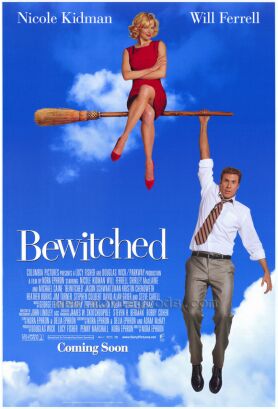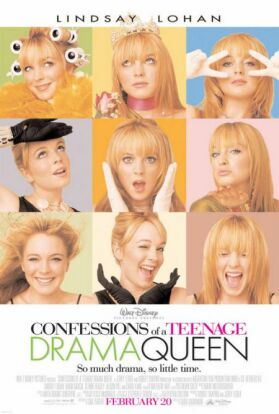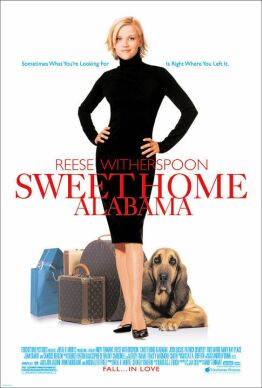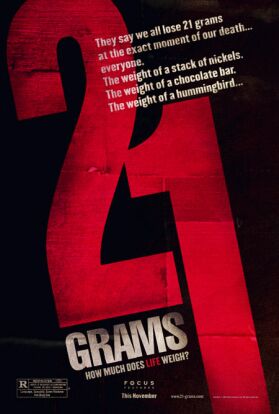Golden Bowl, The
It is, I believe, always a mistake to criticize a movie for not being the
book it is based on—or, indeed, for
not being anything at all. Every artist deserves the courtesy of being
assessed on the basis of what he tried to do and not on that of what he
didn’t try to do. But as I watched the
Merchant-Ivory adaptation of Henry
James’s Golden Bowl, I
couldn’t stop wondering why on earth
was this movie was ever made? What, that is, is the point of turning
James’s oblique and difficult style
into mere dramatic transparency? Why bother adapting a book at all if you are
going to treat the heart and soul of it, its tremendous and monumental
reticences, with such contempt?
Ruth Prawer Jhabvala’s screenplay,
that is, blithely puts in everything that James deliberately left out. Perhaps
she didn’t realize that James wrote
deliberately. Perhaps she thought he just forgot to include these things in his
novel, for example those scenes of tears and recriminations that seem so
inevitable to her when Maggie née Verver (Kate Beckinsale)
discovers the affair between her husband, the Italian Prince Amerigo (Jeremy
Northam), and Charlotte Stant Verver (Uma Thurman), her childhood friend who is
also the wife of her father, Adam Verver (Nick Nolte). Perhaps she thinks she is
doing the old boy a favor by supplying same tears and recriminations omitted,
presumably, by inadvertence.
Well, there is so much that is stupid about this adaptation that even that
bit of stupidity would hardly be noticed. This is not to minimize the difficulty
of touching in a motion picture what James himself called
“the fine spring of the
unspeakable,” but without at least a
serious attempt to touch it, there is nothing left of Henry James to adapt.
Instead of even trying to find the springs that control the hidden compartments
of our natures, the ham-handed Merchant-Ivory team nails its crude dramatic
artifice to the floor and invites us to admire a trite and vulgar tale of
infidelity among the rich and glamorous that James would have loathed.
The most bizarre of many bizarre touches is the
film’s beginning in the Italian
Renaissance with a scene in which a princely husband, led by a younger son
surprises his young wife in bed with his elder son and has both the lovers
executed. We are given to understand that these are ancestors of Prince Amerigo,
and thus that Charlotte, to whom he tells the story, has the idea for their
subsequent affair subtly planted in her mind just as the impecunious prince is
explaining to her that they must part because he cannot marry a poor girl. Then
we cut to “The London home of Adam
Verver, America’s first
billionaire.”
I’m guessing
you’ll be able to tell where
they’re going with this.
Of course, one could hardly expect the dialogue to be Jamesian, but that
doesn’t mean we should have to put up
with Mrs Jhabvala’s flat-footed
substitute. “I have no
money,” says the Prince.
“I
don’t
care,” says desperate Charlotte.
“Please
don’t do
this!” Later Adam tells Charlotte
about Maggie’s
“odd idea that she’s forsaken
me” by marrying the Prince and adds
that “I feel bad that she feels bad
about me.” The prince says at one
point that “I am as ready as the next
fellow to call a spade a spade” (which
is pretty funny coming from anyone in a Henry James novel), and when Bob
Assingham (James Fox) suggests to his wife Fanny (Anjelica
Houston)— here portrayed as an
insufferable busybody with an inexplicable Southern
accent—that she come to bed, she
replies: “Come to bed! That’s your
answer to everything!” And imagine
what James would have thought of having one of his characters translate aut
Caesar, aut nihil for another.
But worst of all is the patented Merchant-Ivory importation of the
progressive ideas of today into their costume dramas set in the near past. With
little or no dramatic justification, we are presented with a vignette of
Charlotte acting as docent to her
husband’s collection of Old Masters,
soon to be bound for American City and housed in a museum there that Adam is
building in defiance of local opinion. She stops before
Holbein’s famous full-length portrait
of Henry VIII and says to her audience of genteel ladies that the picture is,
among other things, “a chilling
portrait of the masculine ego, of defiance of all that stood in his way,
including numerous women. One by one.”
Take that Prince Amerigo! Take that Adam Verver! Charlotte may not have
got her prince, but there is doubtless some compensation in the unspeakable
satisfaction she must feel at being a proto-feminist heroine.
Discover more from James Bowman
Subscribe to get the latest posts to your email.






